My mother survived the Holocaust. I never thought I’d need a bodyguard
After being offered security for an appearance at a local writers’ festival, Rachelle Unreich was reminded that her mother’s lessons are more important and relevant than ever in the face of rising anti-Semitism.
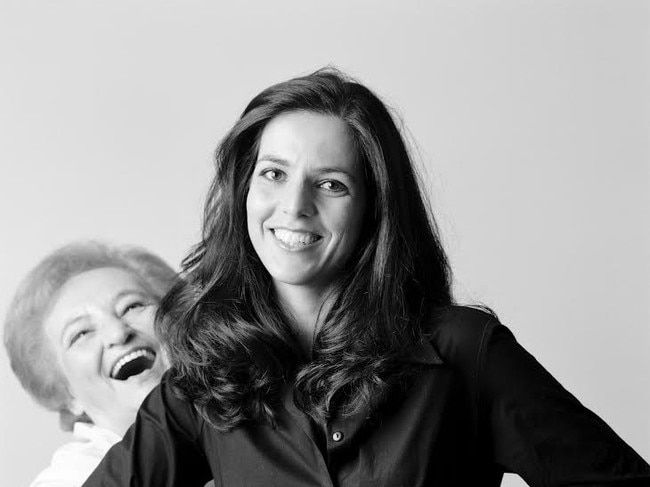
I was mired in sorrow for three years after my mother died. I knew this was not how I “should” feel. I ought to have been grateful. My mother had lived until three weeks shy of her 90th birthday.
I had said my goodbyes; she had said hers. Throughout my life, she’d made me feel loved and whole. But her death splintered all that, and I was suddenly adrift. I tunnelled my way out through writing, penning my mother’s story of surviving the Holocaust, and all that she learned from it, in my memoir A Brilliant Life.
Ahead of its publication, I imagined a press tour in which I would tell colourful stories about my vibrant mother, Mira, and the fact that she had lived her life with so much joy, as well as strength. But it hit stores only weeks after October 7, and the landscape had changed completely since the book’s inception. Suddenly I was hiring media training experts to prepare me for antagonistic questions, since I anticipated – correctly – that many journalists would ask me about the war in Israel.
This, despite the fact that my book did not mention it, apart from when my mother visited her brothers there and decided she did not want to live there herself.
I wanted to fully enjoy every book launch and audience talk, but part of me was worrying about my daughter, whose Jewish school advised students not to wear their school uniforms on public transport lest they find themselves a target for hate.
One writers’ festival hired a bodyguard for me, just in case.
During my session at another festival, a protester stood up in the crowd, wearing a keffiyeh and holding a “Free Palestine” sign.
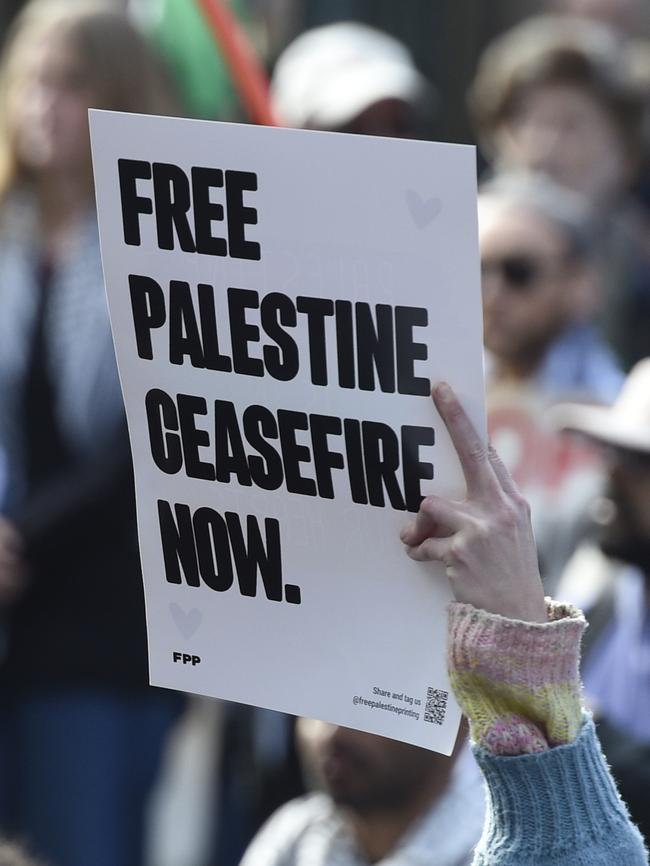
It was that protester who reminded me of the power of words once more. She stood up when a microphone was thrown to the audience for questions, presumably planning to be disruptive. Just before she did so, I started talking about how my mother survived four concentration camps, including Auschwitz, and a death march at the age of 17. How both of her parents and two siblings were killed – her father shot before her eyes – and yet when she gave testimony decades later, she said: “In the Holocaust, I learned about the goodness of people.”
How she focused on the people who helped her and saved her, Jewish and non-Jewish alike, rather than on those who tried to destroy her.
How, if she were alive today, she would have preached the power of connection. How she chose to look at life with love, compassion, and kindness rather than with hate and resent- ment.
While I said these things, the protestor put her sign down and walked away, her bluster defused.
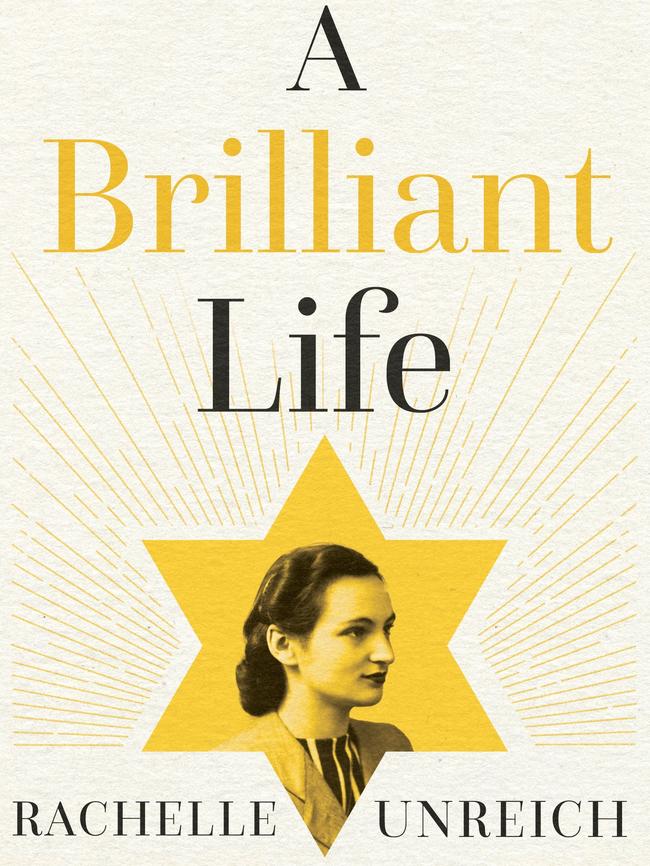
I understood that it was not only my own writing that held force, but also my mother’s words, which I had faithfully recounted. It is not just what she endured that reaches readers’ hearts, but who she was, and how she decided to live, despite everything. Her words and response to horror have given me a path to follow. Now when I go to synagogue, I know it is to remember where I came from, and what attracted me to go there so often after Mira’s death. It is the feeling I could never name, but I now know its source.
I never knew any of my four grandparents; all were brutally murdered in the Holocaust. They were born in the 1800s and had a completely different experience of life than my own. They often felt like historical figures. I would browse through their photos without a real understanding of who they were and how they lived. Yet if there is one aspect of my life that would be similar to theirs, it was going to synagogue. If they time-travelled to the present day, they would not feel out of place within its walls, which replicates the synagogues of Eastern Europe. They would recognise the tunes and know the Hebrew words of prayer.
Going to synagogue reminds me on some deep, visceral level who I am, and what my ancestors held dearest.
It is something worth remembering now, more than ever. There’s an irony about A Brilliant Life not lost on me: I’ve been promoting a book about anti-Semitism in a period where there’s never been more anti-Semitism.
I wrote it so that my mother’s legacy would not be lost, but now I realise her lessons are more important and relevant than ever. Not just the lessons of history, and the dangers of it repeating. But my mother’s template for how to live: with hope, resilience, and – perhaps most important – faith.
- Extracted from Being Jewish Now, edited by Zibby Owens, with the group Artists Against Antisemitism. Rachelle Unreich is a journalist and author in Melbourne, whose first book, A Brilliant Life: My Mother’s Inspiring True Story of Surviving the Holocaust, was published shortly after the October 7 massacre in Israel.
Being Jewish Now
Writer and bookshop owner, Zibby Owens, never planned to be “publicly Jewish”.
“I mean, I’d never hidden that I was Jewish,” she writes, in her introduction to On Being Jewish Now.
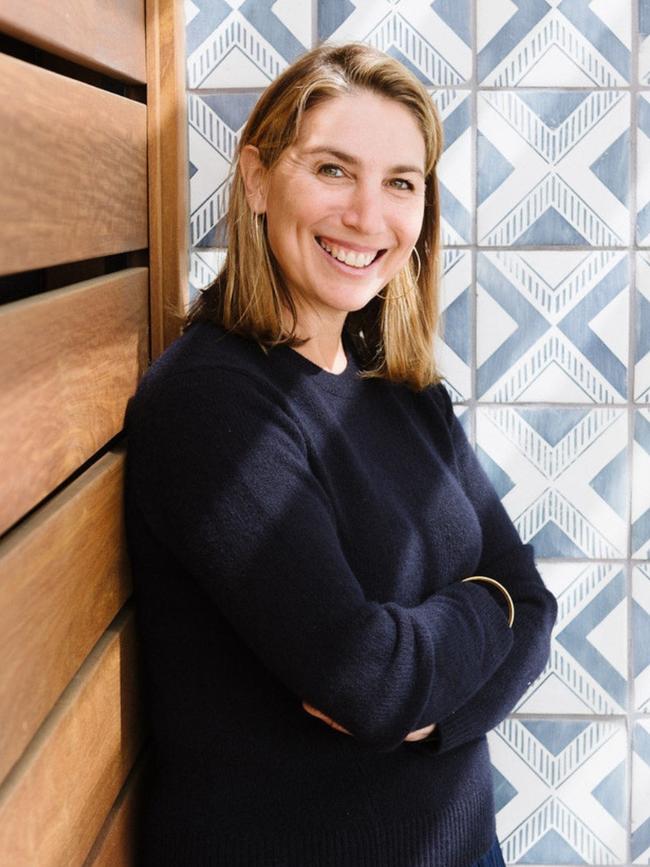
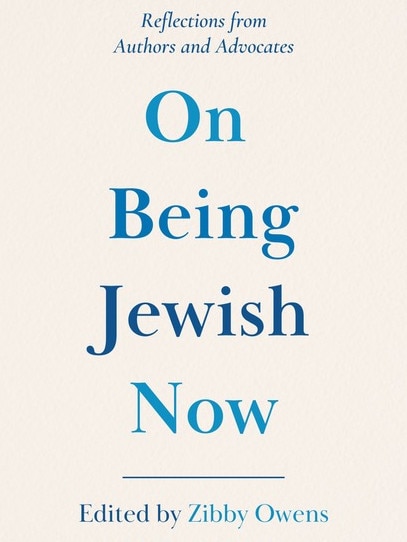
“It just wasn’t the most salient part of my personality. But, after October 7, suddenly, I became one of many targets. I lost followers. My name was added to blacklists of Jewish authors. An anti-Semitic troll tried to tank the Goodreads ranking for my novel before it even came out. Many guests who were scheduled to be on my podcast cancelled. I was scared to speak out.”
She is still scared that asserting her Jewishness will “get me into trouble ... But I knew I had to speak up. What would happen if I didn’t? What if no one spoke up?”
Owens has edited a new collection of essays from Jewish writers, among them the Australian daughter of a Holocaust survivor, Rachelle Unreich, reflecting on what it means to be Jewish, during a time of rising antisemitism.


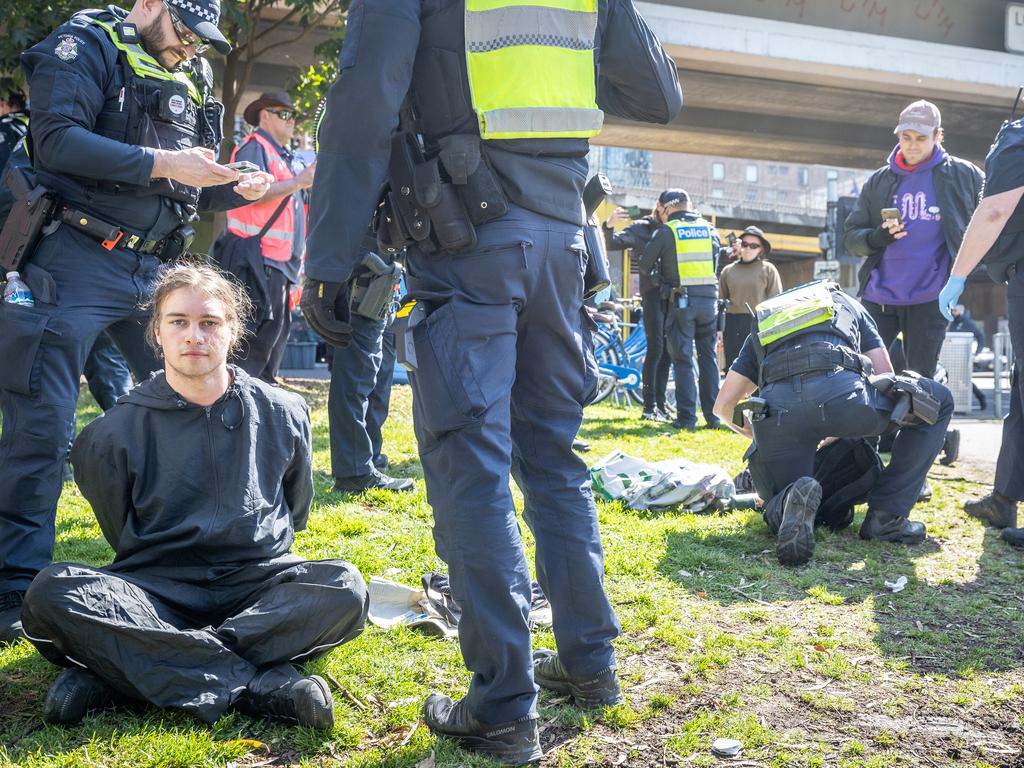


To join the conversation, please log in. Don't have an account? Register
Join the conversation, you are commenting as Logout